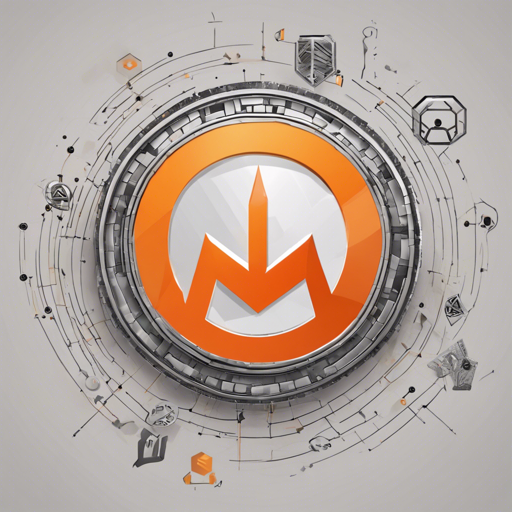Monero is a cutting-edge digital currency focused on privacy, untraceability, and decentralization. This blog will guide you through the essential steps for developing with Monero, from understanding the project to compiling it from source.
Table of Contents
- Development Resources
- Vulnerability Response
- Research
- Announcements
- Translations
- Coverage
- Introduction
- About This Project
- Supporting the Project
- License
- Contributing
- Scheduled Software Upgrades
- Release Staging Schedule and Protocol
- Compiling Monero From Source
- Internationalization
- Using Tor
- Pruning
- Debugging
- Known Issues
Development Resources
To kickstart your Monero development journey, utilize the following resources:
- Web: getmonero.org
- Mail: dev@getmonero.org
- GitHub: monero-project
- IRC: #monero-dev on Libera
For effective development, it’s advised to join the #monero-dev IRC channel to stay updated on best practices and new developments.
Vulnerability Response
Monero’s Vulnerability Response Process encourages responsible disclosure and aims to maintain the integrity and security of Monero.
Research
The Monero Research Lab serves as an open forum for research collaboration. Feel free to connect with the community for insights and support on your research initiatives.
Announcements
Stay informed by subscribing to the announcement listserv for critical updates from the Monero core team, especially regarding software updates.
Translations
If you’re interested in translating the CLI wallet, visit our self-hosted localization platform, Weblate.
Introduction
Monero stands out among digital currencies due to its unique focus on privacy, security, untraceability, and decentralization. This means that users can control their funds and ensure their transactions remain private.
About This Project
This section covers the core implementation of Monero, which is open-source and free to use under specific license agreements. Our GitHub repository is the primary platform for the latest changes and developments.
Scheduled Software Upgrades
Monero employs a scheduled network upgrade mechanism to enhance its software and introduce new features consistently.
Compiling Monero from Source
Compiling Monero requires a series of dependencies similar to assembling furniture. Think of each dependency as a crucial piece of the puzzle. If one piece is missing, the whole furniture (or, in this case, the software) doesn’t come together. Here’s how to get started:
Dependencies
The following essential tools and libraries are required:
- GCC (7 or newer)
- CMake (3.5 or newer)
- OpenSSL
- Boost (1.58 or newer)
- And several other libraries…
Cloning the Repository
Initiate the cloning process by executing:
git clone --recursive https://github.com/monero-project/moneroBuild Instructions
Change to the root of the source code directory and follow the build commands:
cd monero
git checkout release-v0.18
makeFor machines with multiple cores, consider running make -j[number_of_threads] for a quicker build.
Debugging
Debugging can feel like being a detective; you need to sift through clues to solve the case. Ensure you are running the latest version from GitHub and follow the stack tracing methods using tools like gdb for effective debugging.
Known Issues
Before diving in, be mindful of socket-based and blockchain-based issues that could affect your Monero node’s operations. Precautionary measures are advised!
Troubleshooting
While undertaking your Monero journey, you may face challenges. Here are some troubleshooting tips:
- Make sure all dependencies are installed correctly; missing libraries can halt builds.
- Engage with the community via the IRC channel for real-time support.
- Check the repository periodically for updates regarding known issues.
For more insights, updates, or to collaborate on AI development projects, stay connected with fxis.ai.
At fxis.ai, we believe that such advancements are crucial for the future of AI, as they enable more comprehensive and effective solutions. Our team is continually exploring new methodologies to push the envelope in artificial intelligence, ensuring that our clients benefit from the latest technological innovations.

